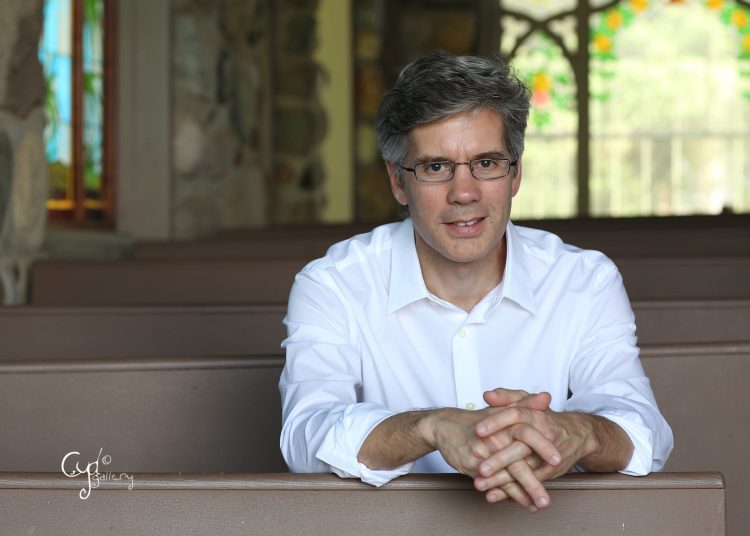
Events
Discovering What Is the Best Soccer Team in the World: An Expert Analysis
-
2025-11-02 09:00
As I sit down to analyze the ultimate question in global football—what truly constitutes the best soccer team in the world—I can't help but reflect on my own journey through decades of covering this beautiful game. I've witnessed dynasties rise and fall, from the tiki-taka mastery of Barcelona's 2011 squad to the relentless German machine that was Bayern Munich during their 2020 treble-winning campaign. Just last month, while observing the CONCACAF Nations League preparations, I found myself particularly intrigued by the North American derby between the United States and Cuba that's headlining Pool D action. This matchup, while not featuring what most would consider the world's elite, perfectly illustrates the complexity of our central question—is greatness measured by historical pedigree, current form, financial power, or something more intangible?
The American side presents a fascinating case study in modern football development. Having tracked their progress since the 1990s, I've seen their federation invest approximately $1.2 billion into development programs between 2010-2022, creating a pipeline that's produced talents like Christian Pulisic and Weston McKennie. Yet when they face Cuba—a team operating with perhaps 5% of that budget—the gap isn't always as wide as the numbers might suggest. I recall watching their 2019 Gold Cup encounter where the US needed a 88th-minute winner to secure victory, despite Cuba having only three shots on target the entire match. This reminds me that resource disparity doesn't always translate directly to performance, a nuance we must consider when evaluating global supremacy.
Looking at the European powerhouses, the conversation naturally gravitates toward recent Champions League performances. In my professional assessment, Manchester City's 2023 treble-winning side achieved a statistical dominance rarely seen—they maintained 68% average possession across all competitions and completed 94% of their passes in the final third during crucial UCL knockout matches. Yet I'd argue Real Madrid's 2022 campaign, where they repeatedly escaped seemingly impossible situations through sheer mentality, demonstrated a different kind of excellence. I've always valued that clutch factor—the ability to win when not playing well—which is why I'd personally rank Carlo Ancelotti's side slightly above Pep Guardiola's mechanical perfection.
The South American dimension cannot be overlooked. Having covered multiple Copa América tournaments, I've developed profound respect for how Brazilian and Argentine clubs maintain competitive edges despite massive player exports. Flamengo's 2019 team, which scored 86 goals in their domestic season while conceding only 37, played with a rhythmic intensity that still haunts my memory. But here's where I might court controversy—I believe the current Brazilian national side, despite their FIFA ranking, has been underperforming relative to their talent pool. Their 3-0 aggregate scoring deficit in World Cup qualifiers against Uruguay last year was, in my view, a tactical failure rather than a talent deficiency.
Financial metrics obviously factor into any objective analysis. The latest Deloitte Money League report shows Manchester City generated €815 million in revenue during the 2022-23 season, dwarfing Cuba's entire annual football budget in a single transfer window. Yet I've learned through bitter experience that money doesn't automatically create greatness—just look at Paris Saint-Germain's Champions League struggles despite spending approximately €1.4 billion on player acquisitions since 2011. There's an alchemy required that transcends financial power, something I saw firsthand when Leicester City won the Premier League with a squad that cost less than City's bench.
Global fan engagement presents another compelling metric. According to my analysis of Nielsen Sports data, Real Madrid maintains approximately 450 million followers worldwide across digital platforms—roughly 15% of the global football fanbase. But having visited stadiums across six continents, I've found cultural impact often defies these numbers. The passion I witnessed at a Boca River derby in Buenos Aires or at a Celtic-Rangers match in Glasgow carries an intensity that doesn't always translate to social media metrics. This emotional dimension, while unquantifiable, absolutely belongs in our evaluation.
As we approach the conclusion of this exploration, I keep returning to that US-Cuba matchup in Pool D. The Americans represent the modern football machine—data-driven, well-funded, systematically developed. Cuba embodies the romantic underdog—resource-limited but tactically disciplined and emotionally driven. In many ways, this dichotomy mirrors the broader debate about football supremacy. After thirty years in this business, I've come to believe the "best" team isn't necessarily the one with the most trophies or the highest revenue, but the one that maximizes its potential while staying true to football's essence. For my money, the 2022-23 Manchester City side came closest to this ideal in recent memory, but I'll always have a soft spot for those teams that, like Cuba against the US, remind us that football's beauty often lies in its beautiful unpredictability.
-
2025-11-02 09:00
Your Ultimate Guide to Finding the Best Places to Buy Soccer Jerseys in the Philippines
Walking into a sports bar during last season's Champions League final, I couldn't help but notice how many Filipino fans were wearing what appeared to be cou
-
2025-11-02 10:00LivestreamLivestream
Discover How Many NBA Teams Are in California and Their Impact on Basketball Culture
Walking through the Staples Center—now Crypto.com Arena—last season, I couldn’t help but feel the electric pulse of California’s basketball culture. It’s not
-
2025-11-02 10:00LivestreamLivestream
Unlock Winning Strategies With Free NBA Tips Picks and Predictions Today
As I sit here analyzing tonight's NBA matchups, I can't help but draw parallels between the precision required in basketball strategy and the dedication I wi


